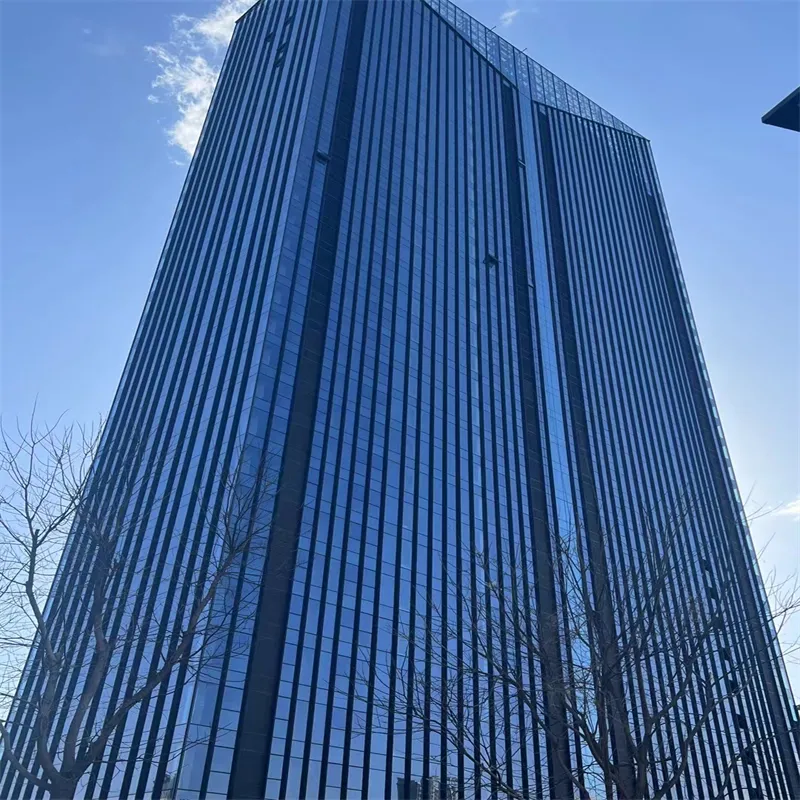Sep . 16, 2024 04:23 Back to list
High-Quality Grey Float Glass for Diverse Applications
The Versatility of Grey Float Glass
Grey float glass is a remarkable material that has gained significant popularity in the construction and design industries. Its unique properties and aesthetic appeal make it an excellent choice for various applications, from buildings to decorative elements. In this article, we will explore the characteristics, benefits, and uses of grey float glass.
Grey float glass is made through the traditional float glass process, which involves melting raw materials such as silica sand, soda ash, and limestone. The molten glass is then floated on a bed of molten tin, resulting in a smooth, uniform surface. The addition of iron oxide during production imparts the distinctive grey hue, which can vary in intensity depending on the thickness of the glass and the specific formulation used.
One of the main advantages of grey float glass is its ability to enhance privacy without sacrificing natural light. Its tinted appearance can reduce glare and improve visual comfort in interior spaces, making it ideal for offices, commercial buildings, and residential homes. When used in windows, grey float glass provides a level of opacity that allows occupants to enjoy daylight while limiting the visibility from outside.
grey float glass

Another benefit of grey float glass is its energy efficiency. The tinting effect can help moderate heat gain from sunlight, thereby reducing reliance on artificial cooling systems. This characteristic is particularly valuable in warmer climates, where excessive heat can lead to increased energy costs. By incorporating grey float glass into building designs, architects and builders can create more sustainable structures that align with modern energy standards.
In addition to its functional advantages, grey float glass is highly versatile in design applications. It can be used in various settings, including shower doors, partition walls, and tabletops, adding a modern touch to any interior. Its sleek and sophisticated look complements a wide range of design styles, from minimalist to contemporary, making it a popular choice among interior designers.
Moreover, grey float glass is easy to maintain, as it is resistant to staining and scratching. Regular cleaning with mild detergents is sufficient to keep it looking brand new, further enhancing its appeal as a practical choice for both residential and commercial spaces.
In conclusion, grey float glass stands out as a functional, energy-efficient, and aesthetically pleasing material. Its versatility makes it suitable for a multitude of applications, ensuring that it remains an essential component in modern architecture and interior design. Whether used for windows, partitions, or decorative elements, grey float glass continues to shine as a go-to choice for professionals seeking an elegant, yet practical solution for their projects.
-
Safety and Style with Premium Laminated Glass Solutions
NewsJun.24,2025
-
Reinvents Security with Premium Wired Glass
NewsJun.24,2025
-
Premium Float Glass Line for Modern Architecture
NewsJun.24,2025
-
Low Emissivity Glass for Energy-Efficient Architecture
NewsJun.24,2025
-
High-Performance Insulated Glass Solutions for Modern Architecture
NewsJun.24,2025
-
Elevates Interior Style with Premium Silver Mirror
NewsJun.24,2025
Related PRODUCTS














